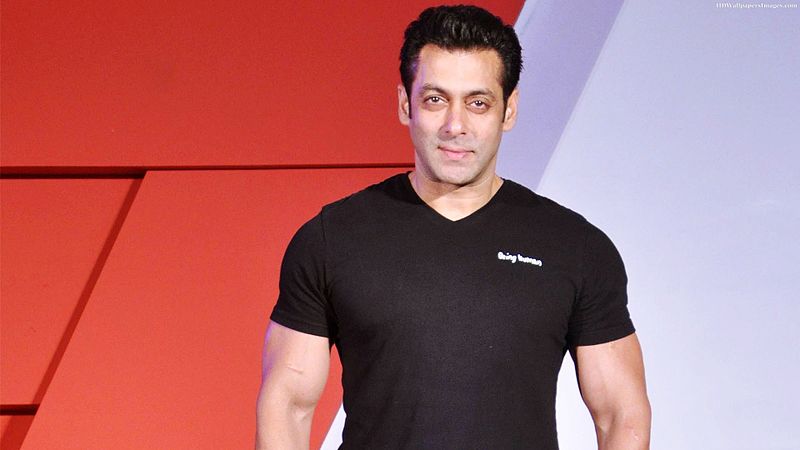Indian filmstar Salman Khan was sentenced to five years in jail by a Jodhpur court on April 5, in a 20-year-old case related to poaching of a blackbuck. The other accused, actors Saif Ali Khan, Tabu, Neelam and Sonali Bendre, were acquitted.
The case has been ongoing since 1998, when Khan and the other Bollywood actors were accused of poaching blackbuck at Kankani village near Jodhpur on October 1-2, 1998. The crew was shooting for the movie, Hum Saath Saath Hain, in the area.
The blackbuck or the Indian antelope is a protected and deified animal for the Bishnoi community in Jodhpur. They believe the animal is a reincarnation of their religious guru Bhagwan Jambeshwar, also known as Jambaji. They had led the lawsuit against Salman Khan.
A Bishnoi group, Jeev Raksha Bishnoi Sabha, has protested against acquittals of the other accused stars, and the matter will be challenged in the high court, Shivraj Bishnoi, the state president of the group, told Business Standard.
Salman was also fined Rs 10,000 for the crime. The superstar is currently working on three movies — Race 3, Dabanng 3, and Kick 2. He also hosts the reality TV show Bigg Boss. He could lose up to Rs 4 to 6 billion following the jail sentence.
For bail, Salman will have to move the Rajasthan High Court since the sentence is for more than three years. The Bishnoi community is seeking maximum punishment, which is six years for this crime.
“Whatever is left of Race 3 will have to be completed soon because the film is releasing in June. Kick 2, Dabangg 3 and Bharat were yet to start so there isn’t much monetary loss. It is a huge loss to the industry and trade as he is a big star who guarantees big success,” trade analyst Komal Nahta told PTI.
“Race 3 has Rs 125-150 crore riding on it. For other films, not money but maybe time has gone. He has not started any other film so it isn’t that films will be stuck. He may have planned it like that knowing that April 5 is the date of the judgement,” Nahta added.
The judge, Chief Judicial Magistrate Dev Kumar Khatri, said that Salman was a “habitual offender” while pronouncing the judgment. He added that this is why he was convicted while others were given the benefit of the doubt.
